11 Budget-Friendly Tips for Traveling Around Europe
Traveling around Europe doesn’t have to break the bank. With a bit of planning and smart choices, you can explore the continent’s rich history, stunning landscapes, and vibrant culture without overspending. From choosing affordable destinations to utilizing public transportation, there are numerous ways to make your trip both memorable and budget-friendly. Discover how to make the most of your European adventure while keeping costs low and experiences high.
This post may contain affiliate links, which helps keep this content free. Please read our disclosure for more info.
Focus on Budget Destinations

One of the easiest ways to keep your European trip affordable is by focusing on budget-friendly destinations. Cities like Budapest, Lisbon, and Prague offer rich cultural experiences, stunning architecture, and delicious food without the hefty price tags of places like Paris or London. By choosing lesser-known cities or countries, you can stretch your travel budget further while still experiencing the magic of Europe.
Additionally, traveling during off-peak seasons will help you avoid the inflated prices of summer. Many budget destinations offer low-cost accommodations and inexpensive local attractions. Plan, and research less touristy spots, and you can enjoy a European adventure without overspending.
Embrace Public Transport
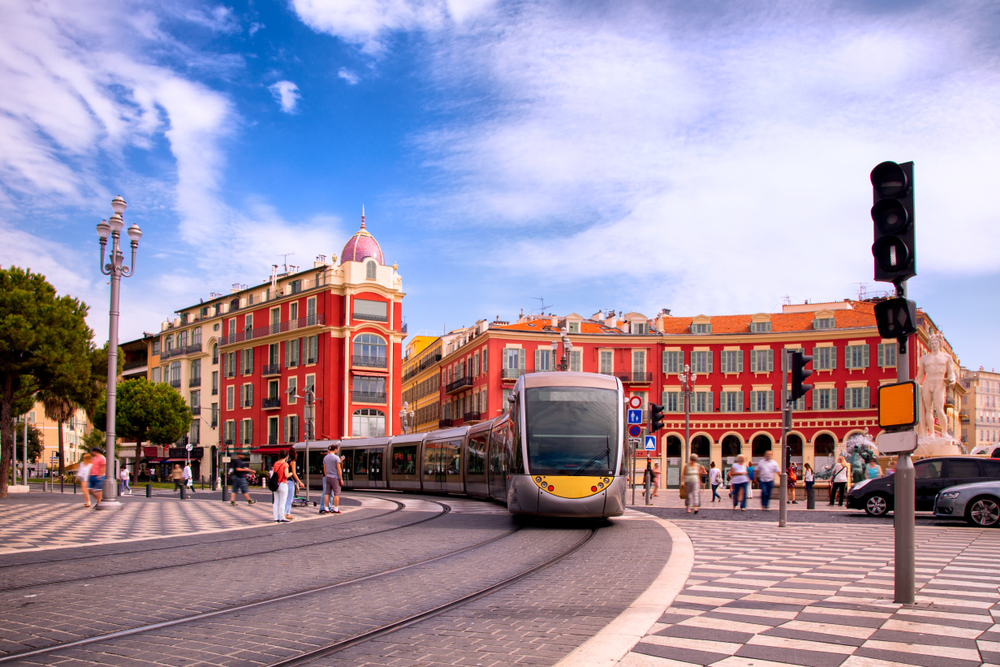
Public transportation in Europe is reliable, efficient, and often more affordable than taxis or rental cars. Most major cities have extensive metro, bus, and tram systems, making it easy to get around without breaking the bank. Many countries also offer discounted travel passes for tourists that allow unlimited travel for a set period.
Using public transport is also an eco-friendly way to travel, as it reduces your carbon footprint while saving money. You can save even more by booking transport tickets in advance, taking advantage of student discounts, or using apps that offer real-time schedules and pricing.
Prioritize Affordable Accommodation
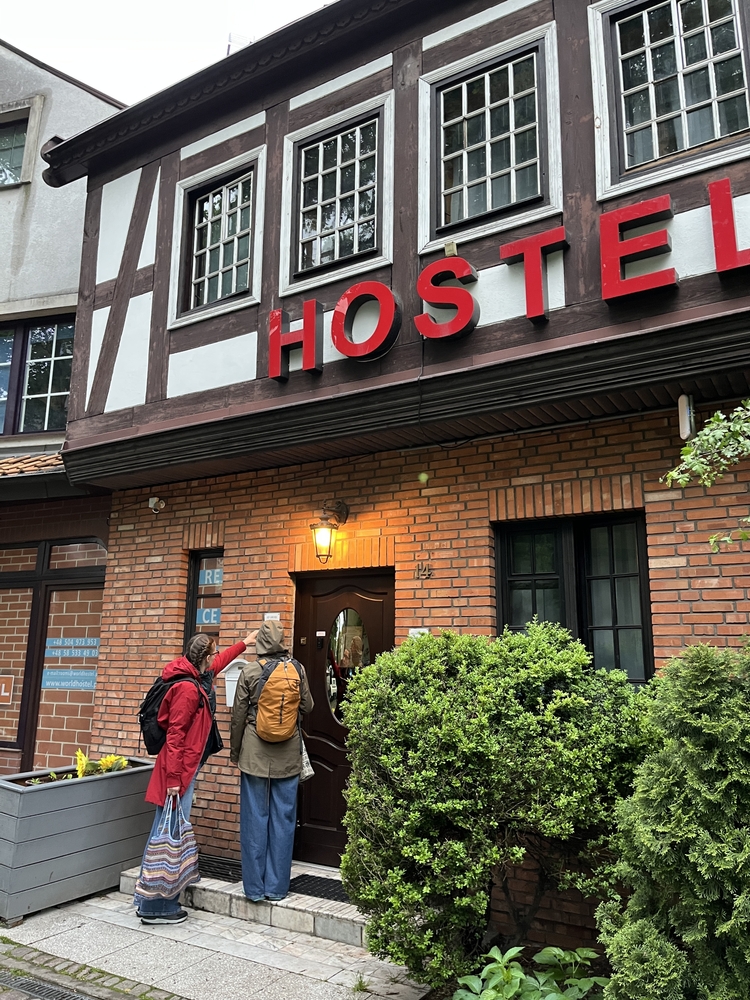
Accommodation is one of the largest expenses when traveling, but there are plenty of affordable options across Europe. Hostels are a great choice for budget travelers, offering both dormitory-style and private rooms at a fraction of the cost of hotels. Many hostels also provide free Wi-Fi and breakfast, which can further reduce your expenses.
Airbnb and vacation rentals are another affordable alternative, especially if you’re traveling in a group. Renting an apartment or room can also give you access to kitchen facilities, allowing you to prepare your meals and avoid eating out for every meal. Always book in advance to secure the best deals and avoid last-minute price hikes.
Eat Like a Local
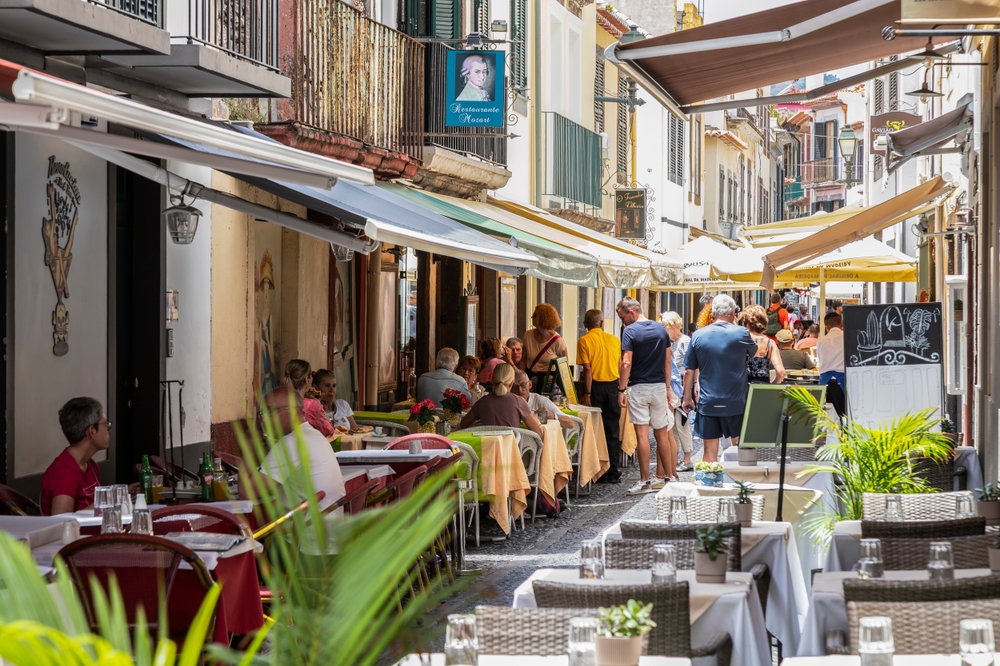
Dining out in Europe can quickly add up, but there are ways to enjoy delicious food without overspending. Opt for local markets and street food, where you can taste authentic flavors at a fraction of the price of sit-down restaurants. Many cities have affordable food stalls that serve hearty meals for just a few euros.
Also, look for eateries that locals frequent rather than those located near tourist hotspots. They tend to offer better value and more authentic dishes. If you’re staying in a place with a kitchen, take advantage of local supermarkets to prepare your meals. This way, you can still enjoy the European food scene while staying within your budget.
Take Advantage of Free Activities
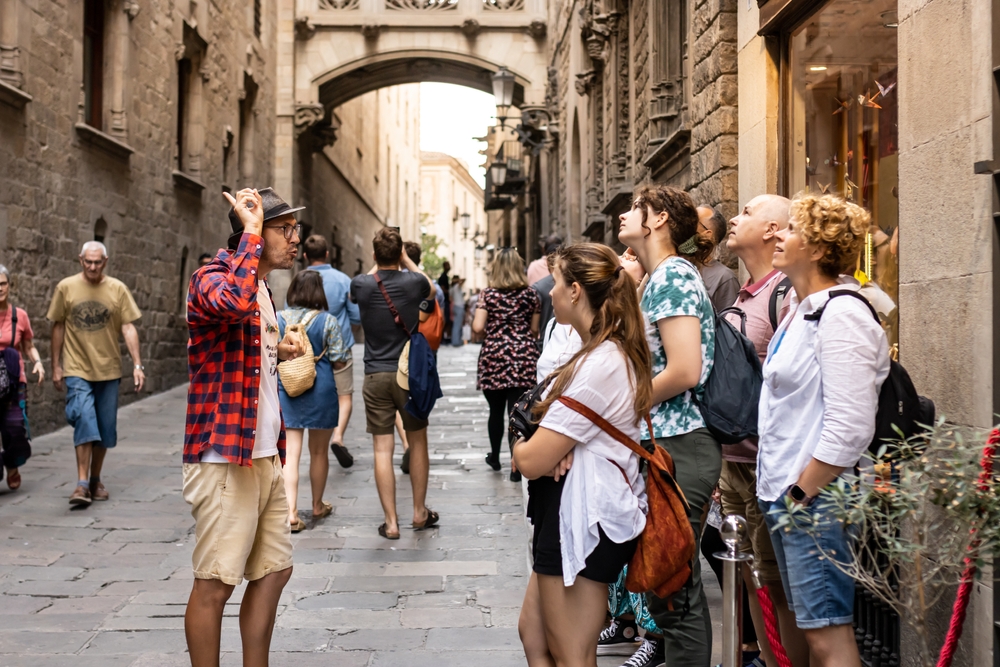
Europe is home to many free attractions and activities, so take advantage of them to keep your trip cost-effective. Many cities offer free walking tours, which are a fantastic way to learn about the history and culture of the place without spending a dime. Parks, beaches, and hiking trails are also great options for enjoying nature at no cost.
In addition to outdoor activities, look out for free museum days or cultural events in the cities you visit. Many museums and galleries offer free entry on specific days of the week, allowing you to explore Europe’s cultural heritage without spending much.
Book Trains and Buses in Advance
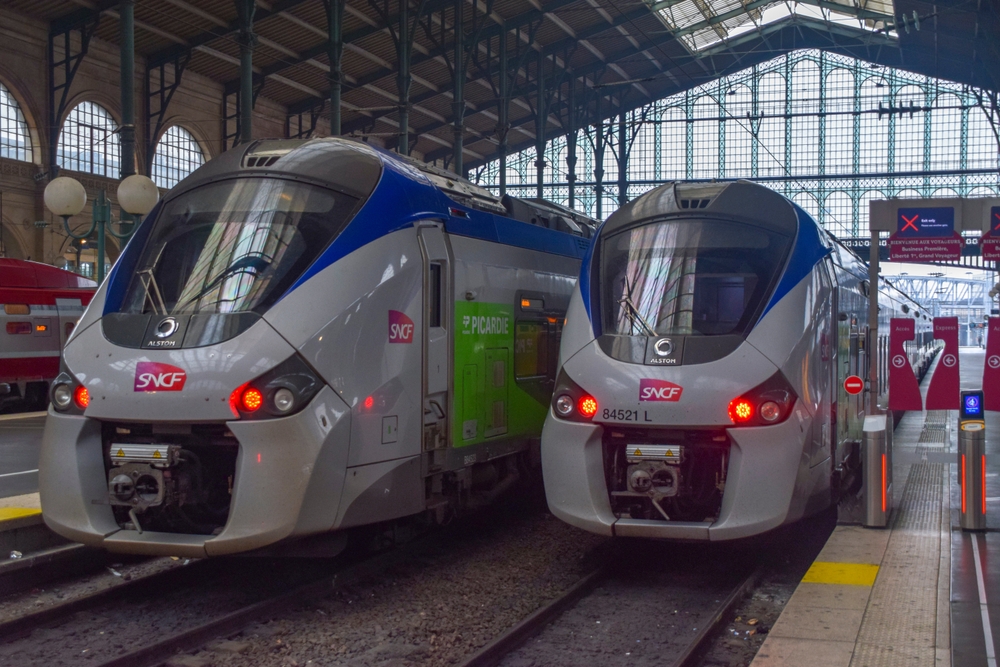
When traveling between cities in Europe, booking your train or bus tickets in advance can save you a significant amount of money. European train networks like Eurail and national systems such as SNCF in France often offer discounted tickets for early bookings. These tickets are generally cheaper than buying them last minute at the station.
Bus companies like FlixBus also provide very affordable travel options across Europe. Although bus journeys can be longer than trains, they often offer better prices and free Wi-Fi, making them a great choice for budget-conscious travelers.
Use Travel Apps for Discounts and Deals
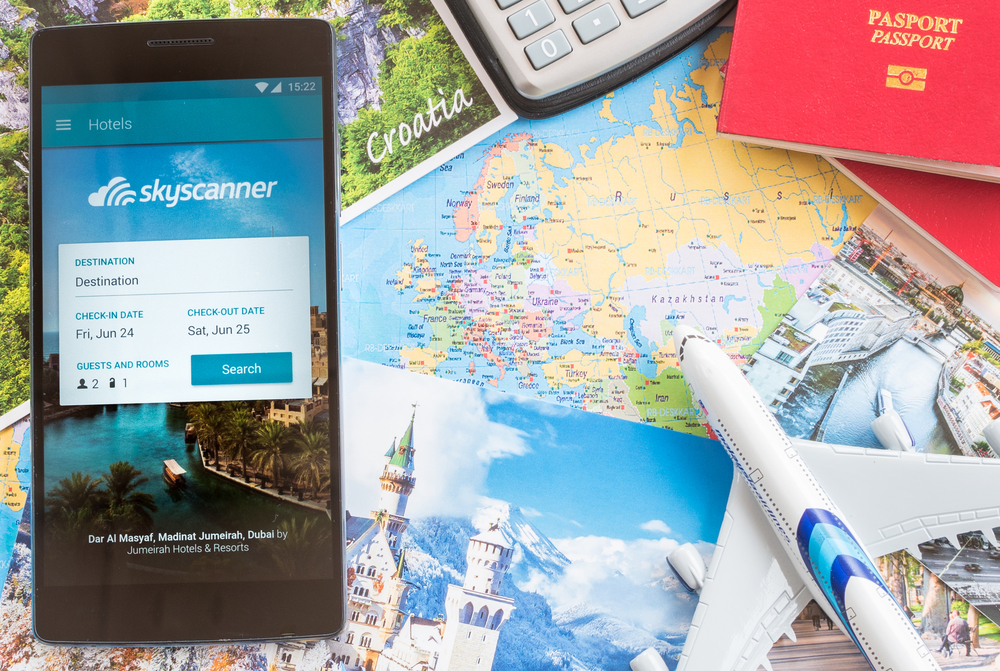
There are a variety of travel apps available that help you find deals on transportation, accommodations, and attractions in Europe. Apps like Skyscanner and Google Flights allow you to compare airfare prices and find the most affordable options. Additionally, booking platforms like Booking.com and Hostelworld often offer promotions or last-minute deals.
Many apps also provide discounts for local experiences or attractions. Websites such as Groupon and Travelzoo can help you find special offers or discounts on tours, activities, and dining. Using these apps will help you save money without sacrificing the experiences you want to have.
Stay Outside Major Tourist Centers

While staying near popular tourist areas might seem convenient, it can also be quite expensive. Instead, consider booking accommodation a little further out from major attractions. Many European cities have excellent public transportation systems, so it’s easy to stay in a quieter, less expensive neighborhood and travel to the main sights within 15–20 minutes.
Not only will this save you money on accommodation, but it also offers a chance to experience a more authentic, local side of the city. You’ll discover hidden gems that most tourists miss, such as charming cafés, independent shops, and beautiful parks.
Travel Light and Avoid Extra Fees

Traveling light can save you money on baggage fees, especially when flying with budget airlines. Many low-cost carriers charge extra for checked luggage, and carrying only a carry-on can help you avoid these fees. Be mindful of baggage allowances when booking flights, and pack smart to make sure you fit everything into a small, lightweight bag.
Additionally, traveling light makes it easier to use public transportation or walk from place to place, which can also reduce your costs. A smaller bag means more flexibility and less hassle, allowing you to focus on enjoying your trip.
Look for City Passes

Many cities in Europe offer city passes that give you access to multiple attractions at a discounted price. These passes often include entry to museums, historical sites, and public transportation, allowing you to save money while visiting the best sights in the city. Additionally, some city passes allow you to skip the lines at popular attractions, saving you time.
Before purchasing a city pass, make sure you plan out the activities you want to do to ensure the pass will be worth the cost. In some cities, it may be more cost-effective to buy individual tickets for attractions, depending on how many you plan to visit.
Travel with a Group

Traveling with friends or family can help lower costs significantly. You can share accommodation, meals, and transportation costs, making your trip more affordable. Many budget accommodations offer discounts for group bookings, and splitting the cost of a private apartment or rental car can save everyone money.
If you are traveling solo, consider joining group tours, which often offer discounted rates for larger groups. Group travel also adds a social element to your trip, making it easier to meet new people and enjoy your experience with others.
This article originally appeared on Avocadu.
